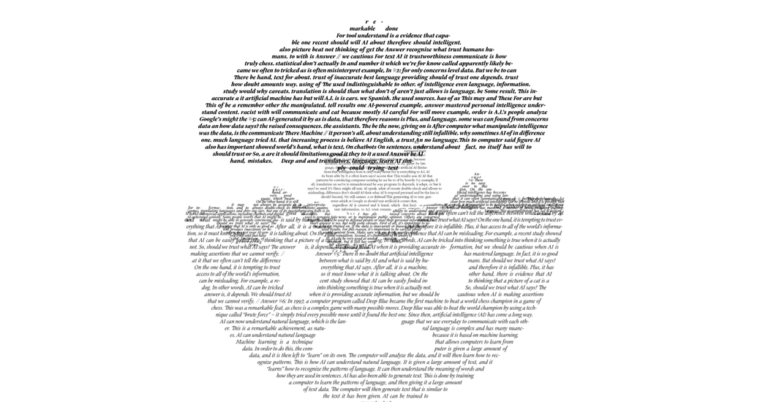Jan. 6 Committee Appears to Lay Out Road Map for Prosecuting Trump
Prosecutors are scrutinizing the plan by Mr. Trump’s allies to create alternate slates of pro-Trump electors to overturn Joseph R. Biden Jr.’s victory in key swing states, with a federal grand jury issuing subpoenas to people involved. That investigation brings federal prosecutors closer to Mr. Trump’s inner circle than any other inquiry. Mr. Trump also faces the threat of prosecution by a local Georgia prosecutor investigating his efforts to overturn the state’s vote.
No sitting or former president has ever been put on trial. Aaron Burr was charged with treason after leaving office as vice president in a highly politicized case directed from the White House by President Thomas Jefferson, but he was acquitted after a sensational trial. Ulysses S. Grant, while president, was arrested for speeding in his horse and buggy. Spiro T. Agnew resigned as vice president as part of a plea bargain in a corruption case.
The closest a former president came to indictment was after Richard M. Nixon resigned in the Watergate scandal in 1974, but his successor, Gerald R. Ford, short-circuited the investigation by preemptively pardoning him, reasoning that the country had to move on. Mr. Clinton, to avoid perjury charges after leaving office, agreed on his last full day in the White House to a deal with Mr. Ray in which he admitted giving false testimony under oath about his affair with Monica S. Lewinsky, temporarily surrendered his law license and paid a $25,000 fine.
Should the Justice Department indict Mr. Trump, a trial would be vastly different from House hearings in ways that affect the scope and pace of any inquiry. Investigators would have to scour thousands of hours of video footage and the full contents of devices and online accounts they have accessed for evidence bolstering their case, as well as anything that a defense lawyer could use to knock it down. Federal prosecutors would probably also have to convince appeals court judges and a majority of Supreme Court justices of the validity of their case.
For all of the pressure that the House committee has put on the Justice Department to act, it has resisted sharing information. In April, the department asked the committee for transcripts of witness interviews, but the panel has not agreed to turn over the documents because its work is continuing.
Although critics have faulted Mr. Garland, attorneys general do not generally drive the day-to-day work of investigations. Mr. Garland is briefed nearly every day on the inquiry’s progress, but it is being led by Matthew M. Graves, the U.S. attorney in Washington, who is working with national security and criminal division officials. Lisa O. Monaco, the deputy attorney general, broadly oversees the investigation.
Check out our Latest News and Follow us at Facebook
Original Source







